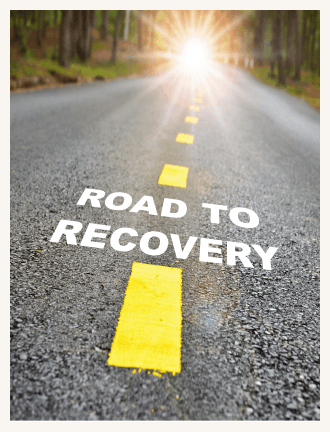Ready to make a change? Contact Lisa Chapman Counselling today to schedule your first session and begin your journey to a better life.

Dedicated to helping you thrive
Lisa is dedicated to helping her clients navigate through life’s toughest challenges. With a compassionate approach and years of professional experience, she provides a safe and supportive space to work through the issues at hand. She is a Registered Clinical Counsellor with the Psychotherapy & Counselling Association of Australia

When in doubt, just take the next small step
Lisa Chapman

What I do
 Relationship Counselling
Read More
Relationship Counselling
Read More
Relationship Counselling
The quality of our relationships can have a huge impact on our day to day functioning. Whether with our partners, family, friends or colleagues, we can experience abuse, betrayals, misunderstandings, and poor communication. I’ve spent over 25 years helping people heal from past hurts and to find a way forward with better tools, and better boundaries.
For the last 10 years, I have been part of a team of CSAT (Certified Sexual Addiction Therapists) and have helped many couples recover from the damage of sex addiction and resulting betrayal trauma. I am a certified ERCEM therapist (Early Recovery Couples Empathy Model).
 Addiction Recovery
Read More
Addiction Recovery
Read More
Addiction Recovery
Whether the addiction is a substance (drugs or alcohol), or a process (gambling, sex, work, shopping, internet, serial relationships), it usually provides relief from uncomfortable or intolerable feelings associated with traumatic, or problematic events – sometimes from the past, sometimes more recent. My approach is two-fold: helping clients find a recovery community to maintain sobriety and anchor new behaviours, and then exploring the underlying reasons why they turned to addiction in the first place.
 Trauma Treatment
Read More
Trauma Treatment
Read More
Trauma Treatment
Healing from trauma requires a level of treatment that goes beyond traditional “talk therapy” in most cases. The reason being, trauma affects different parts of the brain quite significantly and it’s important to address this in the therapy. I am a certified Brainspotting Therapist. Brainspotting is a gentle, subcortical treatment that works simply with eye positions and resulting activation points in the body. Successful treatment leaves a client with an increased tolerance to memories of traumatic events without the high levels of dysregulation that might have existed prior to treatment.
 Depression & Anxiety
Read More
Depression & Anxiety
Read More
Depression and Anxiety
It estimated that one in five of us experiences some period of being depressed at some point in their lives. It is by far the most common mental illness. Anxiety is a close second.
Both are treatable, but some forms of depression and anxiety actually deter us from seeking help.
Chronic negative thinking can keep us attached to the belief that nothing we do, or try, will help. It’s almost the “job” of the depression or anxiety to convince us of this. Again, with the help of counselling/therapy, it is possible to recover. For some types of depression and anxiety, medication may be required as an adjunct to therapy, however a thorough assessment and diagnosis must be undertaken by a qualified medical practitioner and any subsequent prescribed medication should be monitored closely by that practitioner.
In therapy, it is possible to explore the negative thinking patterns and their origins, and to work towards developing a skills set to manage our moods with greater success.

Contact
"*" indicates required fields